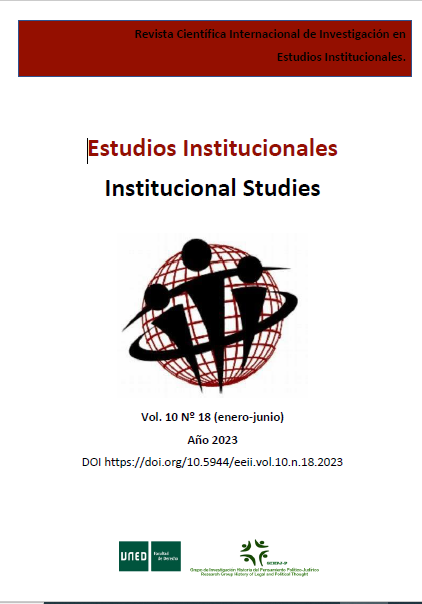Z Weddings: a social analysis of the younger generation's preferences
DOI:
https://doi.org/10.5944/eeii.vol.10.n.18.2023.37452Keywords:
event management, wedding planner, Z generation, weddings industryAbstract
Marriage is losing its social relevance today. The social prestige attached to this institution has faded over the years. The primary objective of this research is to understand the bridal preferences of the younger generation entering marriage. The different generational priorities will have a future impact on the bridal industry. A job-creating sector that generates millions of euros. These preferences need to be assessed for the bridal sector to be prepared to offer the products and services demanded by the younger generation. To carry out this study, a survey was conducted among young people between 18 and 28 years old, belonging to the Z generation. In addition, we wanted to know the point of view of professionals in the wedding sector, through interviews with wedding planners. Among the main results we highlight that, compared to a purely digital generation image, regarding their upcoming weddings, they follow a traditional celebration scheme, where the only point that differentiates them is that social networks, especially Instagram, are their main source of inspiration.
Downloads
Downloads
Published
How to Cite
Issue
Section
License
Copyright (c) 2023 Margarita Gil-Jerez, Belén Puebla Martínez

This work is licensed under a Creative Commons Attribution-NonCommercial-NoDerivatives 4.0 International License.
The authors who publish in this journal agree to the following terms:
- The Revista de Estudios Institucionales is distributed under a Creative Creative Commons Reconocimiento NoComercial NoDerivadas (by-nc-nd).
- Authors retain copyright and grant the journal the right to be the first publication of the work as well as licensed under a Share of work license, under conditions of authorship acknowledgment, for non-commercial purposes and without derivative works such as are specified in the license.
- Authors may separately enter into additional agreements for non-exclusive distribution of the version of the work published in the journal (for example, placing it in an institutional repository or publishing it in a book), with an acknowledgment of their initial publication in this journal.
- Authors are allowed and encouraged to disseminate their papers electronically (for example, in institutional repositories or on their own website) before and during the submission process, as it can lead to productive exchanges as well as more citation. earliest and largest of published works (See The Effect of Open Access)








